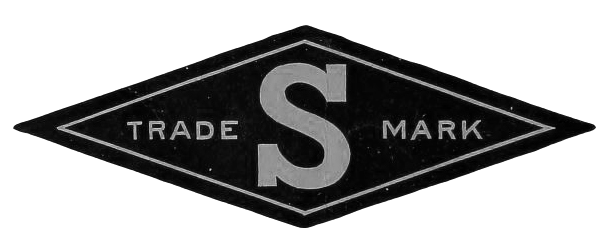BLACK SWAN
By Gary Murray
Starring Natalie Portman, Vincent Cassel, Mila Kunis, Barbara Hershey and Winona Ryder
Written by Mark Heyman and Andres Heinz and John McLaughin
Directed by Darren Aronofsky
Running time
MPAA Rating R
Selig Film Rating Matinee
Darren Aronofsky gave the world The Wrestler, a tale about faded glory set in the venue of professional wrestling. He found the right balance of pathos in a stunning Oscar nominated performance from his lead actor Mickey Rourke. The latest from Aronofsky takes on high art with Black Swan.
The story of Black Swan is of a fragile ballerina Nina (Natalie Portman) who finally gets a chance to become the featured performer of the new season of the NYC ballet company. Her slimy artistic director Thomas Leroy (Vincent Cassel) wants to change-up the presentation of Swan Lake by making the same ballerina be both the Swan Queen and the Black Swan. He wants to show the duplicity of the role, that the bad and the good can be in equal parts of the same individual. It requires two dramatically different styles of dance for the dual roles. Thomas knows that Nina has all the technical perfection needed to do the Swan Queen role, she just doesn't show the passion it will take to deliver the Black Swan. But, with a lustful eye, he gives the young woman her shot at super-stardom.
Complicating matters are the other women in Nina's life. There is Erica (Barbara Hershey) her frustrated stage mother who was once a promising dancer. We get the feeling that Erica blames Nina for mom's lack of success. Beth MacIntyer (Winona Ryder) is the former prima performer placed out to pasture by Thomas. She is a bitter, callous woman who is pushed to the edge when pushed out of the spotlight. The third woman to add to the plot is Lily (Mila Kunis) a new free spirit dancer from San Francisco who has all the passion that Thomas is looking for with the Black Swan, just not the technical expertise.
The biggest problem with Nina lies in her head. From the opening moments, the audience finds that she has a strong imagination where reality and fantasy seem to dance in each others spaces. There are times when Nina thinks something has happened to her and it is just another layer of her dream. The more she has to confront the sexuality of the Black Swan role, the more she loses her grip on the distinction between what is real and what is not. The battle of Black Swan is between what is real and what is imagined.
As her world crumbles, Nina develops a rash. This may be real or a reflection of what is going on in her psyche. At one moment, she peels away her skin and the next moment is it healed. With the Black Swan coming out of her inner being, the Black Swan seems to be taking over her outer being–at moments she is turning into a swan. Her relationship with Lily is complicated, somewhere between rivalry and obsession. The confrontation between the two is both creepy and erotic. Even though the film is about the ballet, it is not The Red Shoes. Black Swan earns its R rating, a film loaded with partial nudity and plenty of erotic situations and sexual language. It is not for the little ones.
Darren Aronofsky does a superb job of capturing the world of the ballet, from the technical specifications to the lustful ways of the participants. The details of place and space give a gritty edge to something that is seen as light and smooth. He uses the mirror as a metaphor to both Nina and the surrounding world. The reflection of the individual is a reflection of the soul.
This is one of the strongest performances by Natalie Portman and a strong contender for Oscar gold. She seems to be channeling Audrey Hepburn with the role of Nina, showing the wounded bird both on stage and in her real life. This is one crazed woman, someone with a tenuous grip on sanity. At the same time, the audience feels sorry for her, trying to fulfill the wishes of everyone but herself. She is the fragile artist with a vivid imagination, seeing her mother's paintings talking and moving.
One wishes there were more of the other actresses in Black Swan. Though most of the conflict seems to be going on internally, the other three women in Nina's life needed to be fleshed-out more. When everything in the heroine's world may or may not be actually going on, it is hard to build the secondary characters. It just seems a shame that such talented people as Mila Kunis, Barbara Hershey and Winona Ryder were not given more moments to deliver knock-out performances. Barbara Hershey is especially under-used as the over protective mother.
Call the exercise of Black Swan as a cross between Donnie Darko and The Turning Point. It has a strange line that it crosses, between obsession and art. While not for everyone, it does deliver a strong performance.
